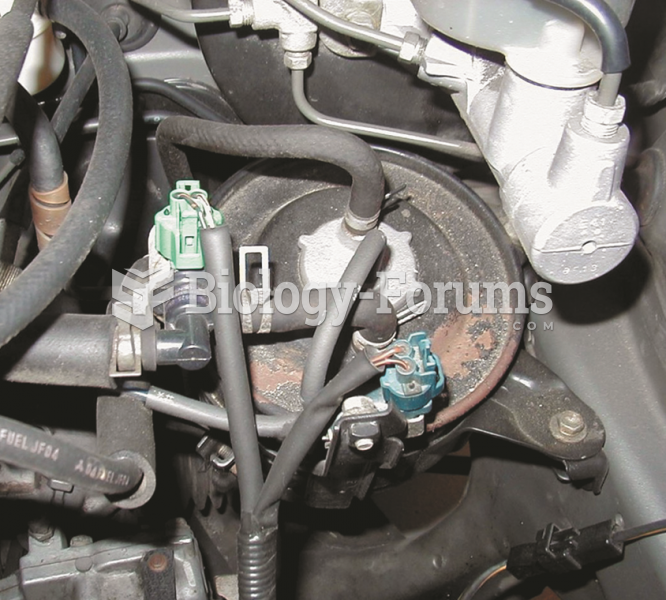Answer to Question 1
A
Feedback:
Initially, the nurse should check blood glucose levels frequently, such as every 4 to 6 hours, to evaluate for hyperglycemia. Throughout TPN therapy, the nurse should be vigilant in monitoring the infusion rate, and report any changes in the infusion rate to the physician or nurse practitioner immediately. Adjustments may be made to the rate, but only as ordered by the physician or nurse practitioner. If for any reason the TPN infusion is interrupted or stops, the nurse should begin an infusion of a 10 dextrose solution at the same infusion rate as the TPN. TPN can be administered continuously over a 24-hour period, or after initiation it may be given on a cyclic basis, such as over a 12-hour period during the night.
Answer to Question 2
C
Feedback:
Separation anxiety is considered a disorder when an older child shows excessive anxiety about separation or the possibility of separation from parents. They experience acute distress and perhaps frequent nightmares about separation and, when separated, show symptoms of nausea or vomiting or crying to such a degree it prevents them from visiting at friends' houses. For an 8-month-old, crying when being left with strangers is a normal behavior. A 7-year-old who withdraws from contact with strangers might have been instructed to do this as a form of safety or might be shy. A 10-year-old who complains of headaches when a test is scheduled for school is demonstrating some other type of behavior. Separation anxiety would not occur just when a test is scheduled in school.







